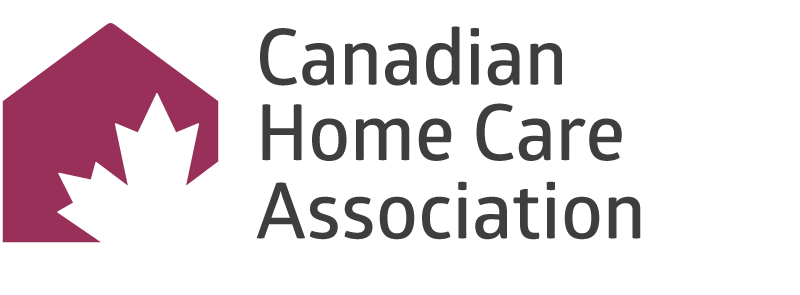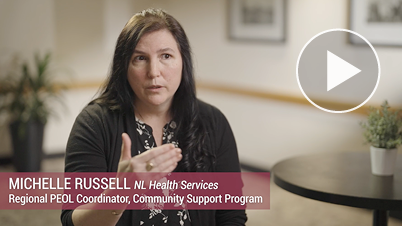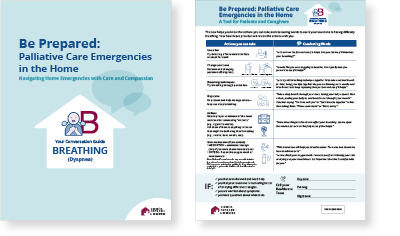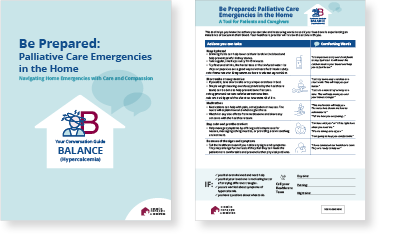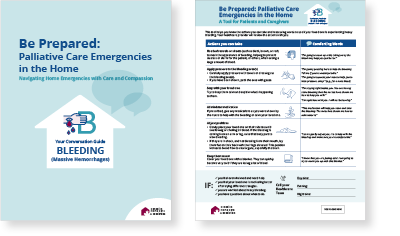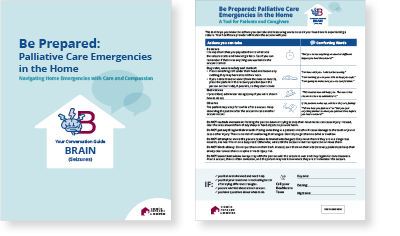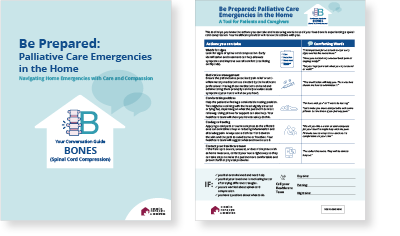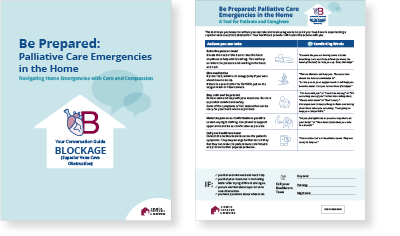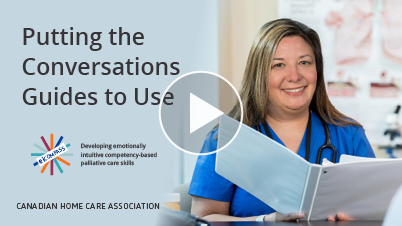PRIORITIES: Home-Based Palliative Care
FACILITATING DIFFICULT CONVERSATIONS
Facilitating difficult conversations is essential in home-based palliative care, where patients and families face complex emotional and medical decisions. To support healthcare providers, the CHCA offers practical resources designed to build confidence, structure, and compassion in communication. Grounded in practical experience, expert insight, and patient perspectives, these tools help healthcare providers engage in meaningful dialogue, align care with patient wishes, and deliver more person-centred, supportive care in the home setting.
